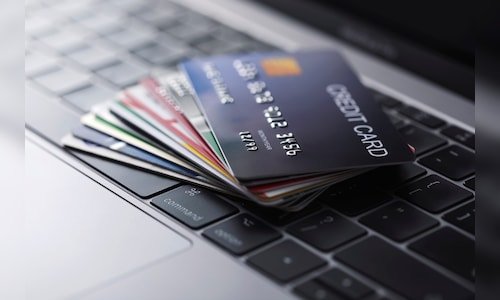Getting a credit card nowadays is easy due to the rapidly evolving digital financing environment. But unrestricted credit card usage can put you in a debt trap, particularly if you have multiple cards.
Here are some guidelines for handling multiple credit cards without getting into debt traps:
Selecting the right credit card
Different credit cards offer different uses. One might be more appropriate for daily costs, while another for upscale shopping. Therefore, before you apply for a credit card, be sure it meets your needs.
Know the minimum payment requirement
The majority of credit cards have a minimum amount that must be paid each billing cycle. However, try to pay off the entire credit card bill every month to prevent getting into a debt trap and paying late penalties. This will keep your credit score high.
Pay close attention to due dates
You need to keep track of when each credit card payment is due. It keeps your credit score high and helps you stay out of trouble. You might arrange all of your credit card due dates into a single week or time of the month for easier management.
Monitor your expenses
Tracking your expenses within established limits and being transparent about your budgeting are important. Thus, it is critical to monitor your expenditures. You can get a clear picture of how much you spend on each credit card by installing financial management apps.
Schedule automatic payments
You can set up automated payments on your bank account to make it effortless to pay back your credit card debt. It might save you the trouble of keeping track of when each credit card payment is due.
Be mindful of your credit card limit
Refrain from using your entire credit limit, as this may result in overspending and possible payment default. Maintaining a healthy credit score and ensuring financial stability are two benefits of keeping expenses well within limits.
Maintain low credit utilisation ratio
Your credit score will benefit from a low credit use ratio, which indicates what proportion of your total credit is being used. You should, therefore, aim to maintain your utilisation ratio below 30%.
Create an emergency fund
Saving money is important, but you should also set aside money, particularly for unexpected costs. You can easily control your spending if you have an emergency reserve, and can get through difficult times without resorting to a loan if you have an emergency fund.
Be careful with cash withdrawals
Although credit cards allow cash withdrawals, these services often have significant fees and interest rates greater than those of normal transactions. Credit card cash withdrawals can quickly result in debt accumulation if they are made regularly.
Credit cards can greatly increase your financial flexibility and provide some advantages when used responsibly. They can, however, also result in debt and high interest rates if improperly handled.




